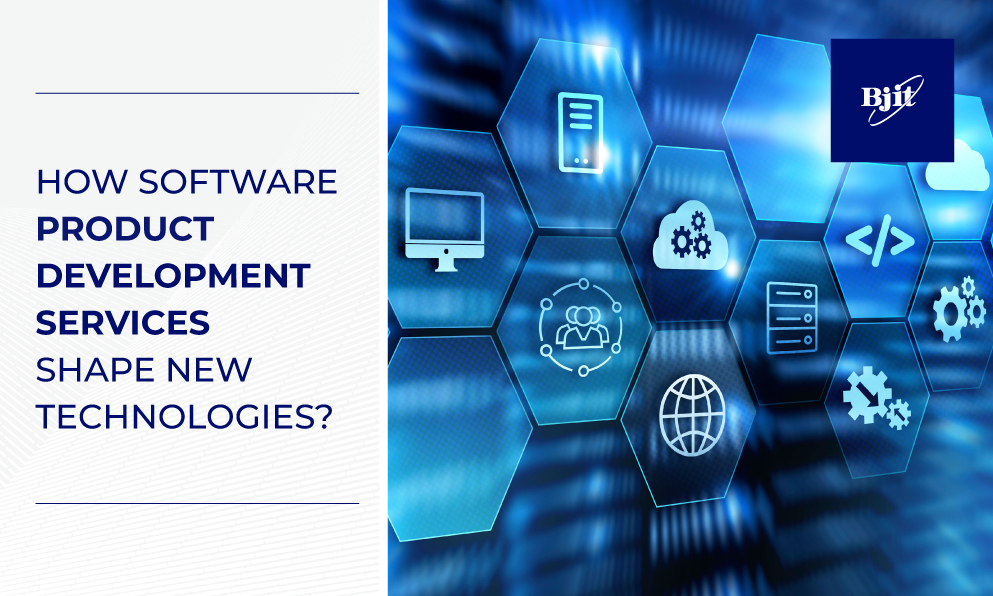Businesses across industries are striving to deliver flawless user experiences while reducing time-to-market. Staying updated with emerging software testing trends is not just an option but a necessity. With rapid advancements in technology, software testing is transforming, shaping the future of quality assurance in unprecedented ways.
This article explores the latest software testing trends, providing actionable insights and practical advice for organizations aiming to maintain a competitive edge in the market. Whether it's adopting AI-driven tools, implementing continuous testing, or focusing on security, these trends are revolutionizing how we approach software quality assurance.
The Role of Artificial Intelligence and Machine Learning in Testing
Artificial intelligence (AI) and machine learning (ML) are at the forefront of innovation in software testing. These technologies automate repetitive tasks, enhance accuracy, and enable predictive analytics, empowering teams to identify and resolve defects before they occur. The AI-driven approach is particularly effective in ensuring quality and reducing costs.
Key Advantages of AI in Testing:
- Enhanced Test Coverage: AI algorithms analyze vast codebases and identify potential issues across the application, ensuring no component is overlooked.
- Speed and Cost-Efficiency: Automated testing powered by AI significantly reduces manual effort, accelerating the development process.
- Smart Anomaly Detection: Machine learning models learn from historical data to detect patterns and anomalies that may indicate potential bugs.
For instance, tools like Applitools Eyes and Testim.io utilize AI to streamline visual and functional testing processes. According to Statista, the global AI in software testing market is expected to grow at a compound annual growth rate (CAGR) of 18.70% and reach $10.6 billion by 2033.
Shift-Left Testing: A Proactive Approach to Quality Assurance
Shift-left testing is a methodology that emphasizes integrating quality assurance early in the software development lifecycle. Traditionally, testing was performed after development was complete, often leading to significant rework. With shift-left testing, defects are identified and addressed during the initial stages of development.
Benefits of Shift-Left Testing:
- Early Bug Detection: Identifying defects early reduces the complexity and cost of resolving them.
- Improved Collaboration: Developers and testers work closely, fostering a culture of shared responsibility for quality.
- Faster Releases: Addressing issues early minimizes delays in deployment.
Shift-left testing often employs tools like SonarQube for continuous code analysis and Jira for tracking and managing testing workflows. Adopting this methodology not only enhances quality but also accelerates delivery, making it a critical trend for organizations focused on Agile and DevOps practices.
Continuous Testing in DevOps Environments
In the era of DevOps, continuous testing is no longer optional. This approach ensures software is tested at every stage of development, from planning to deployment, creating a seamless feedback loop that enhances quality and efficiency.
Key Aspects of Continuous Testing:
- Automated Test Execution: Automated tools like Selenium, Jenkins, and CircleCI are used to execute tests continuously as changes are made to the codebase.
- Comprehensive Test Coverage: Continuous testing evaluates both functional and non-functional aspects of the application.
- Real-Time Feedback: Developers receive immediate feedback, enabling them to address issues promptly.
According to a 2024 report by Forrester, organizations that implement continuous testing experience a 25% reduction in production defects and a 40% improvement in time to market. This highlights the importance of integrating continuous testing into DevOps workflows.
Security Testing: Addressing Cyber Threats Proactively
With the rise of sophisticated cyberattacks, security testing has become a non-negotiable aspect of software quality assurance. Organizations must ensure their applications are resilient against threats and vulnerabilities.
Core Areas of Security Testing:
- Penetration Testing: Simulating attacks to uncover security weaknesses in the application.
- Static and Dynamic Analysis: Analyzing code during and after execution to identify potential vulnerabilities.
- Compliance Testing: Ensuring adherence to regulations such as GDPR, HIPAA, or PCI DSS.
Security testing tools like OWASP ZAP, Burp Suite, and Fortify are commonly used to safeguard applications. A recent study by Cybersecurity Ventures predicts that cybercrime will cost the world $10.5 trillion annually by 2025, underscoring the urgent need for robust security testing practices.
Test Automation Frameworks: Driving Efficiency and Consistency
Test automation frameworks are indispensable in modern software testing environments. These frameworks enable organizations to execute repetitive tests consistently and efficiently, ensuring higher accuracy and reliability.
Popular Test Automation Frameworks:
- Selenium: Open-source framework for automating web applications.
- Appium: Designed for mobile app testing across platforms like iOS and Android.
- Cucumber: Facilitates behavior-driven development by allowing tests to be written in plain language.
Automating testing processes with these frameworks saves time and reduces human error, making it a key trend in software quality assurance.
Performance Engineering: Going Beyond Performance Testing
Traditional performance testing focuses on assessing an application's behavior under specific conditions. Performance engineering, however, takes a broader approach, addressing performance issues at the architecture and design levels.
Elements of Performance Engineering:
- Proactive Planning: Incorporating performance considerations into the design phase.
- Scalability Testing: Ensuring the application can handle increased loads efficiently.
- Continuous Monitoring: Tracking performance metrics throughout the development lifecycle.
Tools like Apache JMeter and Dynatrace are widely used in performance engineering, helping organizations deliver high-performing applications that meet user expectations.
The Importance of SQA Service Providers
Considering the complexity of modern software applications, partnering with experienced SQA service providers can significantly enhance testing outcomes. Companies like BJIT offer end-to-end software quality assurance services, uses cutting-edge tools and methodologies to deliver exceptional results.
Why Choose BJIT for SQA?
- Expert Team: Skilled professionals with expertise in AI, automation, and security testing.
- Comprehensive Solutions: Tailored testing strategies to address unique project needs.
- Advanced Tools: Access to the latest testing frameworks and technologies.
Contact us and discover how we can help your organization achieve superior software quality.
Final Thoughts
The software testing landscape is evolving at a rapid pace, driven by technological advancements and the increasing demand for high-quality applications. By staying informed about emerging trends such as AI-driven testing, shift-left methodologies, continuous testing, and security-focused practices, organizations can ensure their software remains reliable, secure, and user-friendly.
Partnering with the right SQA service provider, like BJIT, can further amplify these efforts, enabling businesses to navigate the complexities of modern software testing with confidence. As the industry evolves, embracing these trends will be key to delivering exceptional software solutions.









